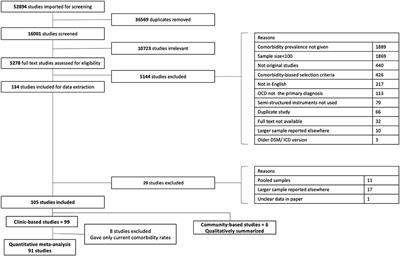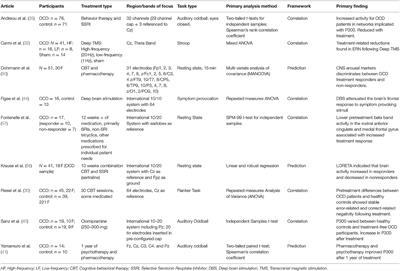EDITORIAL
Published on 22 Aug 2022
Editorial: Obsessive-compulsive disorder (OCD) across the lifespan: Current diagnostic challenges and the search for personalized treatment
doi 10.3389/fpsyt.2022.927184
- 4,951 views
35k
Total downloads
201k
Total views and downloads
Select the journal/section where you want your idea to be submitted:
EDITORIAL
Published on 22 Aug 2022
SYSTEMATIC REVIEW
Published on 11 Nov 2021

MINI REVIEW
Published on 01 Nov 2021

REVIEW
Published on 20 Oct 2021

MINI REVIEW
Published on 01 Oct 2021

BRIEF RESEARCH REPORT
Published on 16 Sep 2021

ORIGINAL RESEARCH
Published on 25 Aug 2021

REVIEW
Published on 25 Aug 2021

MINI REVIEW
Published on 02 Aug 2021

ORIGINAL RESEARCH
Published on 29 Jul 2021

ORIGINAL RESEARCH
Published on 21 Jul 2021

BRIEF RESEARCH REPORT
Published on 20 Jul 2021


Frontiers in Pediatrics
Child and Adolescent PsychiatryOffline